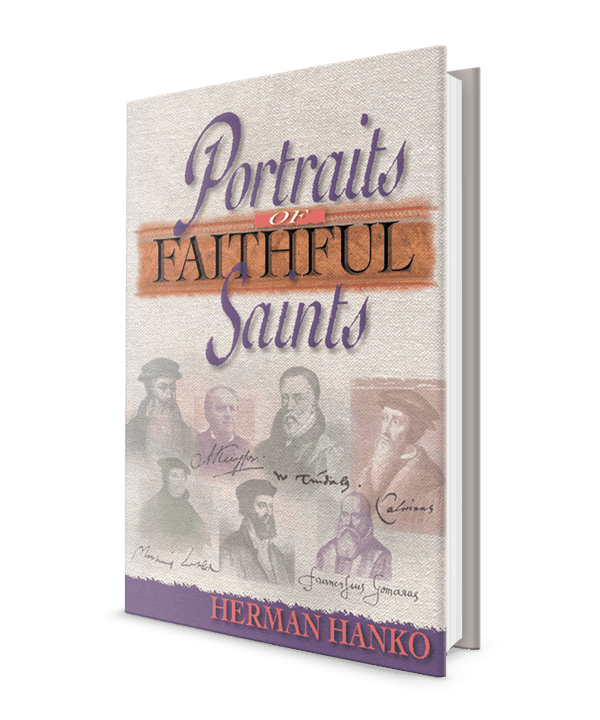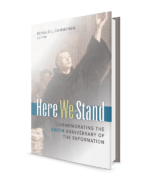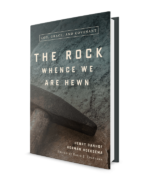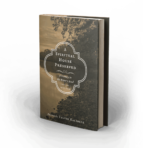Without a doubt, this work—a collection of articles from Professor Hanko’s “Cloud of Witnesses” series in the Standard Bearer—will become a favourite of today’s saints. Readers at the close of the twentieth century are the beneficiaries of the research and long experience of the author, who has taught church history at the Protestant Reformed Seminary for more than thirty years.
The united testimony of many different saints from different times in the new dispensation is a powerful witness to the grace of God in the lives of His people. Reading them in historical order gives the reader a grasp of how God revealed his truth in stages, and how and why the battles over that truth were fought.
For members of Protestant Reformed Churches, the final chapters detailing the Reformed faith as it came to them through its Dutch roots is particularly meaningful.
Parents will find in these fifty-two “portraits” moving stories to read to their children. The godly men and women whose lives are described will serve as a “cloud of witnesses” to young and old.
Line drawings, signatures, and photographs have been used to illustrate the cover and chapter openings, and the old-style alphabet letter that starts each chapter, coupled with a pleasing book design, make this an attractive book. Timelines are provided for each new historical section showing the birth and death dates of each saint in relation to important historical events.
This book will serve as a source book of information on church history and contains a helpful index for locating facts. It is an excellent tool for teaching, both in Christian schools and homes. It is the kind of book to give to children and grandchildren because it will find an important place in their own libraries.
This book can also be read on-line.
“While Portraits of Faithful Saints may not make the official textbook lists in some seminaries, students are going to latch on to Hanko’s latest as an indispensable cheat-sheet on the biography of theologians—the Halley’s Handbook of its field” (Christian Observer).
“I would like to recommend to you a book on church history by Prof. Herman Hanko. The author is well qualified … He has been the Professor of Church History in the Protestant Reformed Seminary for many years and is now emeritus. Reading this book is a course on church history by itself … interesting … biographical. Fifty two important eminent theologians and Reformers are described in those pages. And so, if you would read a chapter, a character once a week and within, a year you would have completed the book and had a course in church history. So, let me encourage you to buy and read it.” – Singapore
“Portraits of Faithful Saints could well be considered a sort of companion volume to Contending for the Faith, which I have not quite finished reading yet. Together Prof. Hanko gives a very full and accessible history of the champions, detractors and struggles of the Reformed faith.” – England
“[This book] as the title suggests, tells of [about 55] faithful saints of God who stood for the Truth in spite of heavy opposition … its rich history concerns us as the descendants of our Reformed forefathers. How are we to truly understand the Reformed doctrines unless we know of the history behind it, with all the blood, sweat, and tears these faithful men have shed for us? God has so graciously preserved the influential works of His saints for His own. And thus it is a great gift to receive (and be) the fruit of the Reformation.” – Singapore
“I’ve read Prof. Hanko’s Portraits of Faithful Saints. It was a blessing and very well written … I liked especially the pages on the saints in the Middle Ages like St. Francis and Anselm.” – Rep. of Ireland
Click here to read a review of this item in the Standard Bearer!
To watch the video of the author interview concerning this book, click here.
To read chapters of this book in Burmese, click here.
To read a chapter of this book in German, click here.
To read a chapter of this book in Italian, click here.
To read chapters of this book in Portuguese, click here.
To read this as an e-book in Portuguese, click here.
Chapter 12 and chapter 19 of this book can be read in Russian.
To read chapters of this book in Tagalog, click here.









